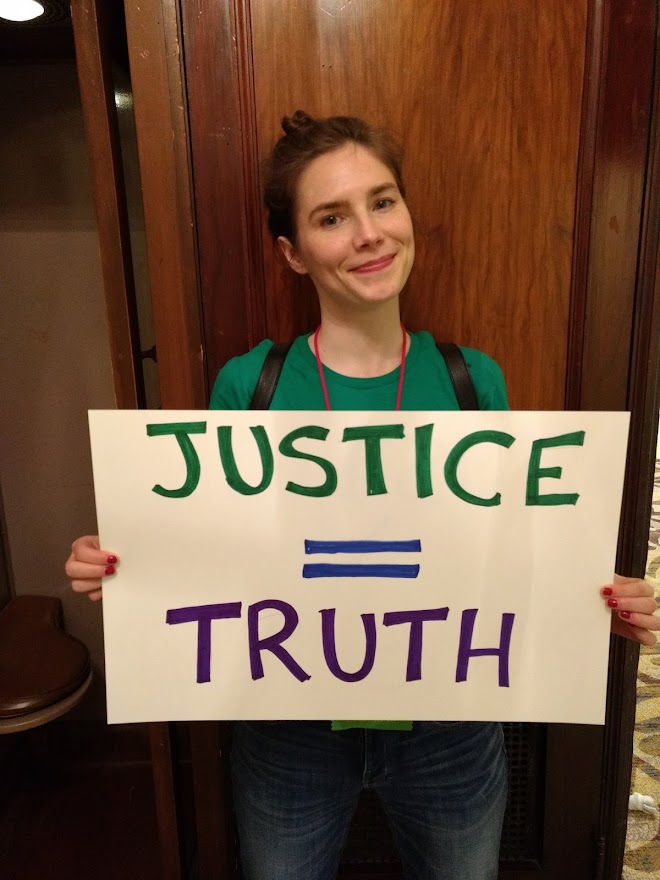Today is #WrongfulConvictionDay! Please help raise awareness by RETWEETING this thread! By our best estimates, at least 1-4% of convictions are wrongful, meaning there are between 20,000 & 100,000 innocent people locked up in U.S. prisons.
Since 1989, there have been over 2800 exonerations, totaling over 25,000 years lost. I spent 4 years wrongly imprisoned. The average in the U.S. is 9 years. Many cases don’t get overturned for decades. 

The longest sentence served was that of Anthony Mazza, who spent 47 years wrongfully convicted. law.umich.edu/special/exoner…
There are many factors that contribute to wrongful convictions. 1 in 5 wrongful convictions involved incentivized jailhouse informants offering bogus testimony in exchange for dropped charges or lighter sentences in unrelated cases. 

Misused or flawed forensic science is more common than you’d think, occurring in 1 out of 4 wrongful convictions nationally. Many people have been convicted on what we now know to be junk science: bite mark evidence, hair comparison, tire tread evidence. 

Even fingerprint analysis can be problematic. Cognitive neuroscientist Itiel Dror has shown that when analysts are given biasing info, like whether or not a suspect confessed, it can alter their analysis of whether a print is a match or not. psmag.com/news/bias-and-…
Many wrongful convictions result from inadequate defense counsel. Public defenders are often overworked. In the worst cases, according to the Innocence Project, lawyers have: 

1 in 4 wrongful convictions involves a false confession. How on earth could an innocent person confess to a crime they didn’t commit? Expert Saul Kassin explains here:
Eyewitness misidentification is the greatest contributing factor to wrongful convictions. This is due to problems with suggestive police lineups as well as the inherent fallibility of human perception and memory. 

Official misconduct plays a role in 55% of wrongful convictions. More than half the time, prosecutors and police break the rules, often by concealing exculpatory evidence. 

When men are wrongly convicted, it’s usually because a crime occurred, but they got the wrong person. When women are wrongly convicted, often there never was a crime. They are accused of killing their infants and intimate partners who actually died of accidents or illnesses. 

And, of course, like everything in the criminal justice world, these problems disproportionately affect people of color. 

But there are people fighting to change that! Thanks @RepMaxineWaters for introducing the Justice for Exonerees Act! If you want to make it easier for exonerees to be compensated, sign the petition here: bit.ly/3FbUdAh
Every state or region has its own innocence organization. Please support the one closest to you! They all need help to free more innocent people. innocencenetwork.org/directory
Thank you for reading and for sharing this information on #WrongfulConvictionDay! 

• • •
Missing some Tweet in this thread? You can try to
force a refresh








